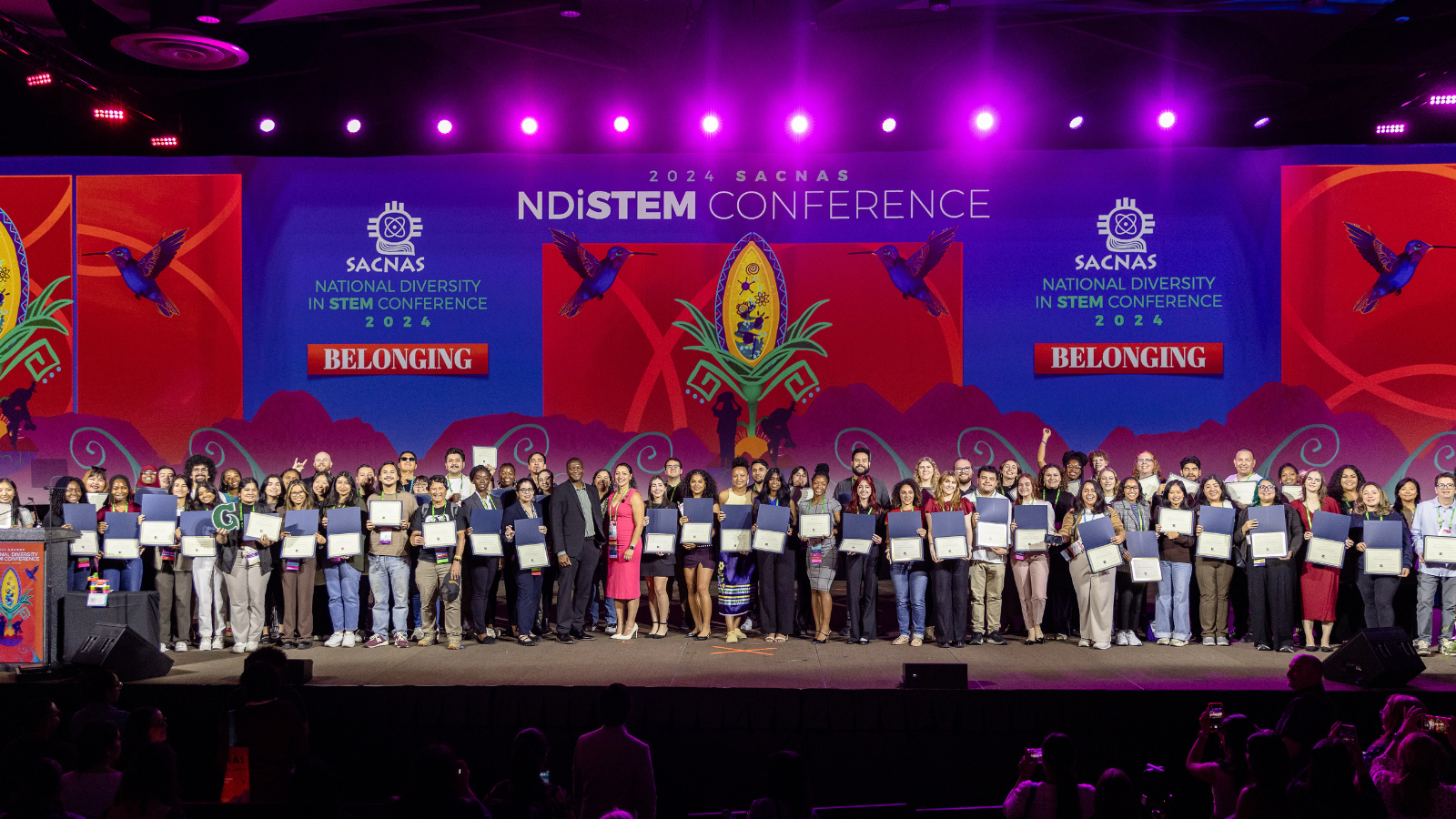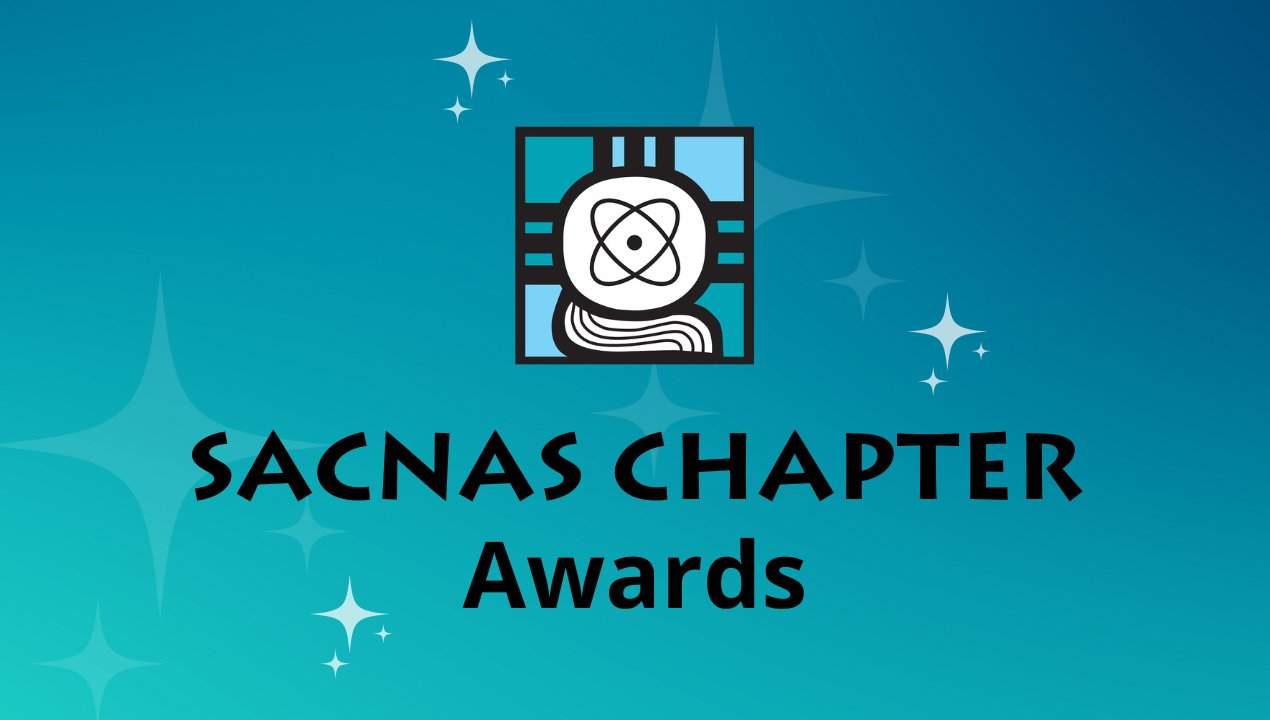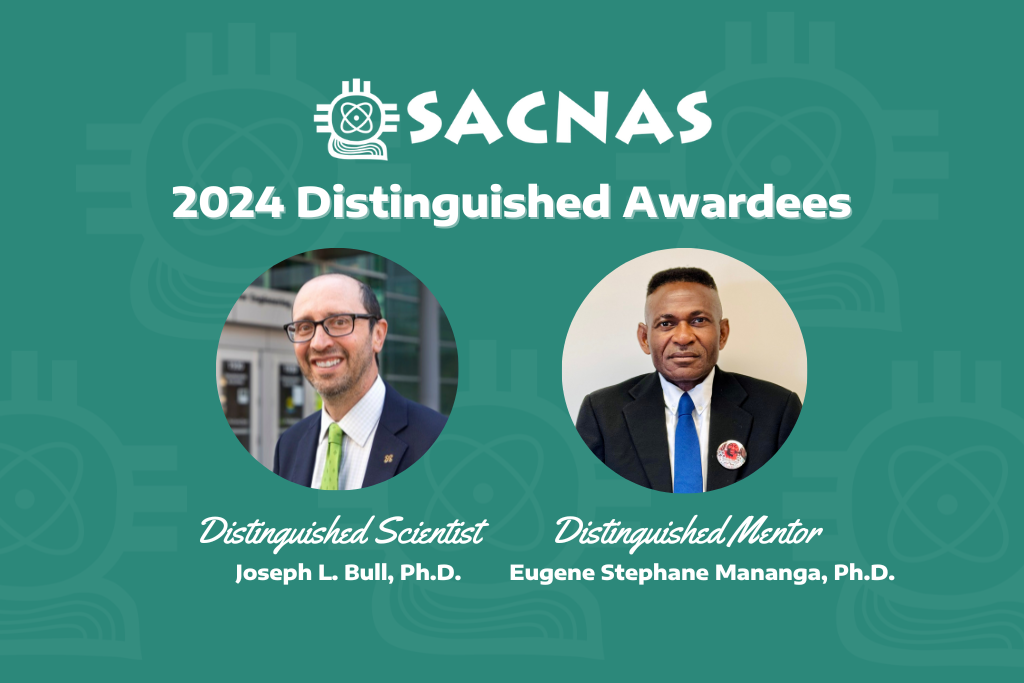Spokespersons can also speak to the important role of scientific research in determining the causes of asthma-related health disparities
WASHINGTON, D.C. – On World Asthma Day— an international event to raise awareness on the impacts of this chronic lung disease, SACNAS (Society for the Advancement of Chicanos/Hispanics and Native Americans in Science) wants to call attention to the disproportionate effect asthma has on populations of color.According to the Centers for Disease Control and Prevention (CDC), more than 26 million people living in the United States have asthma, including children, among which it is the most common chronic disease. In the U.S., childhood asthma prevalence is highest among Puerto Ricans (18.4%), followed by African Americans (14.6%), Whites (8.2%) and Mexicans (4.8%). Further, studies by the laboratory of SACNAS member Dr. Esteban Burchard at the University of California San Francisco also revealed these disparities extend to asthma mortality, which is four-fold higher among Puerto Ricans and African Americans than Mexican Americans. This indicates there are racial and ethnic differences in medicine responses explained by genetic differences, which should be factored into asthma treatments for these populations.
“As the leading national STEM diversity organization representing STEM professionals and students, the Society for the Advancement of Chicanos/Hispanics and Native Americans in Science commends scientists who are at the forefront of advancing our understanding of asthma among historically underserved populations. In order to ensure optimal health for all demographics, it is critical that we support research and researchers working to eliminate health inequities,” said SACNAS President Dr. Sonia Zárate.
The following scientists are members of SACNAS currently researching on asthma and available to talk to the press. To schedule an interview, please contact Yamila Pino at yamila@prosperolatino.com or 202-660-1433.
Dr. Esteban G. Burchard, Principal Investigator at the Asthma Collaboratory
Research laboratory of Esteban G. Burchard at the University of California San Francisco
Esteban González Burchard, M.D., M.P.H. is a physician-scientist at the University of California, San Francisco (UCSF). Dr. Burchard initiated and now directs the largest study of asthma in minority children in the U.S. As the Director of the UCSF Asthma Collaboratory, Dr. Burchard leads a collaborative team of investigators who are taking a comprehensive approach to studying asthma and related traits in minority children by focusing on the interactions between genetic, social and environmental risk factors.
Dr. Kevin Keys, Postdoctoral Scholar in the Burchard Lab at the University of California San Francisco School of Medicine
Kevin L. Keys is a postdoctoral scholar in the Asthma Collaboratory at the UCSF School of Medicine and a Data Science Fellow at the UC Berkeley Institute for Data Sciences. His research interests span computational genomics, bioinformatics, and statistical genetics for personalized genomic medicine. At UCSF, Kevin studies the genetic basis of pediatric asthma in ethnic minority populations in the United States using multilayered data, including genomic, transcriptomic, methylomic, sociodemographic, environmental, and clinical measures.
Dr. Patricia Silveyra, Associate Professor, Director of the Biobehavioral Lab, and Beerstecher-Blackwell Distinguished Term Scholar at the University of North Carolina Chapel Hill
Dr. Silveyra conducts research on sex-specific mechanisms of lung inflammation and inflammatory lung disease. Her laboratory uses a combination of molecular biology, immunology, and endocrinology approaches to study hormonal regulation of gene expression networks in response to environmental insults. Her expertise includes animal models of asthma and air pollution exposure, rodent endocrine models of gonadectomy/hormone replacement/estrous cycle regulation, and transgenic models of sex steroid hormone receptors.
About SACNAS
SACNAS is an inclusive organization with over 45-years of experience fostering the success of Chicanos/Hispanics & Native Americans, from college students to professionals, in attaining advanced degrees, careers and positions of leadership in STEM. SACNAS serves approximately 6,000 members, a larger community of 20,000, and with 115 SACNAS student and professional chapters throughout the U.S. and Puerto Rico.



